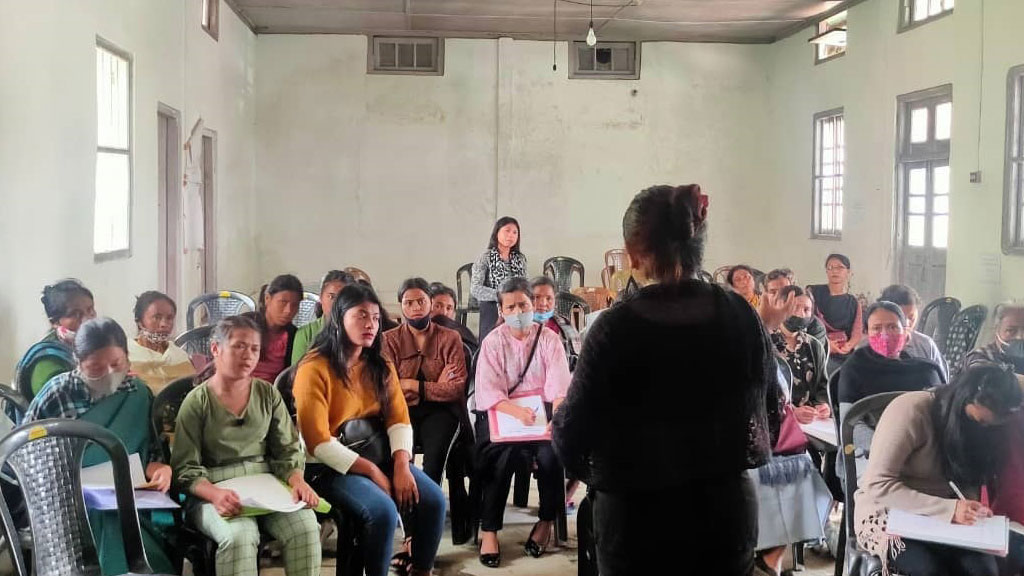Introduction:
In the dynamic landscape of education and skills development, Corporate Social Responsibility (CSR) has emerged as a catalyst for innovation. This article explores how CSR initiatives are driving innovation in learning, reshaping educational paradigms, and contributing to the advancement of skills that align with the demands of a rapidly evolving world.
Digital Transformation and Technological Innovation:
CSR programs are at the forefront of leveraging digital transformation and technological innovation to revolutionize learning. By investing in state-of-the-art educational technology, companies contribute to creating interactive and dynamic learning environments. Virtual classrooms, online courses, and interactive learning platforms are reshaping the way individuals acquire knowledge and skills.
Gamification for Engaging Learning Experiences:
Innovative CSR initiatives are incorporating gamification elements into educational programs. By introducing game-like features such as rewards, challenges, and interactive simulations, learning becomes more engaging and enjoyable. Gamification not only enhances motivation but also fosters a sense of competition and collaboration, mirroring real-world scenarios.
AI and Personalized Learning Paths:
CSR-driven innovation in learning extends to the integration of Artificial Intelligence (AI) for personalized learning experiences. AI algorithms analyze individual learning styles, preferences, and progress to tailor educational content. This approach ensures that learners receive a customized curriculum, optimizing the learning journey for each participant.
Virtual and Augmented Reality Applications:
CSR initiatives are embracing the potential of virtual and augmented reality to create immersive learning experiences. Whether simulating complex environments for skill development or providing virtual field trips, these technologies enhance understanding and retention, particularly in fields where practical experience is crucial.
Industry-Integrated Curriculum Development:
Companies contributing to CSR initiatives often collaborate with educational institutions to develop industry-integrated curricula. By aligning learning outcomes with industry needs, CSR programs ensure that individuals graduate with not only theoretical knowledge but also practical skills that make them readily employable.
E-Learning Platforms for Continuous Skill Enhancement:
CSR initiatives are championing e-learning platforms that offer continuous skill enhancement opportunities. These platforms provide a flexible and accessible way for individuals to acquire new skills throughout their careers, promoting a culture of lifelong learning and adaptability in response to industry changes.
Innovation Hubs and Incubators:
CSR programs are establishing innovation hubs and incubators to nurture creativity and entrepreneurial skills. These environments serve as breeding grounds for innovative ideas, encouraging individuals to think critically, solve problems, and explore new possibilities. By supporting such hubs, companies contribute to a culture of innovation that extends beyond traditional educational boundaries.
Green Skills and Sustainability Education:
As sustainability becomes increasingly important, CSR initiatives are incorporating green skills and sustainability education into learning programs. This not only prepares individuals for careers in sustainable industries but also instills a sense of environmental responsibility and global citizenship.
Measuring Impact Through Innovation Metrics:
To ensure the effectiveness of innovative learning initiatives, CSR programs are developing specific metrics to measure impact. Metrics may include technology adoption rates, learner engagement levels, and success in applying acquired skills in real-world scenarios. These innovation metrics provide valuable insights for program evaluation and improvement.
Conclusion:
Innovation in learning, propelled by CSR initiatives, is reshaping the educational landscape and advancing skills for the future. As companies embrace technological advancements and creative approaches to education, the collective impact on individuals and communities becomes a beacon of progress. CSR’s contribution to innovation in learning is not only an investment in the workforce of tomorrow but also a commitment to creating a more adaptable, skilled, and forward-thinking society.
- By admin

